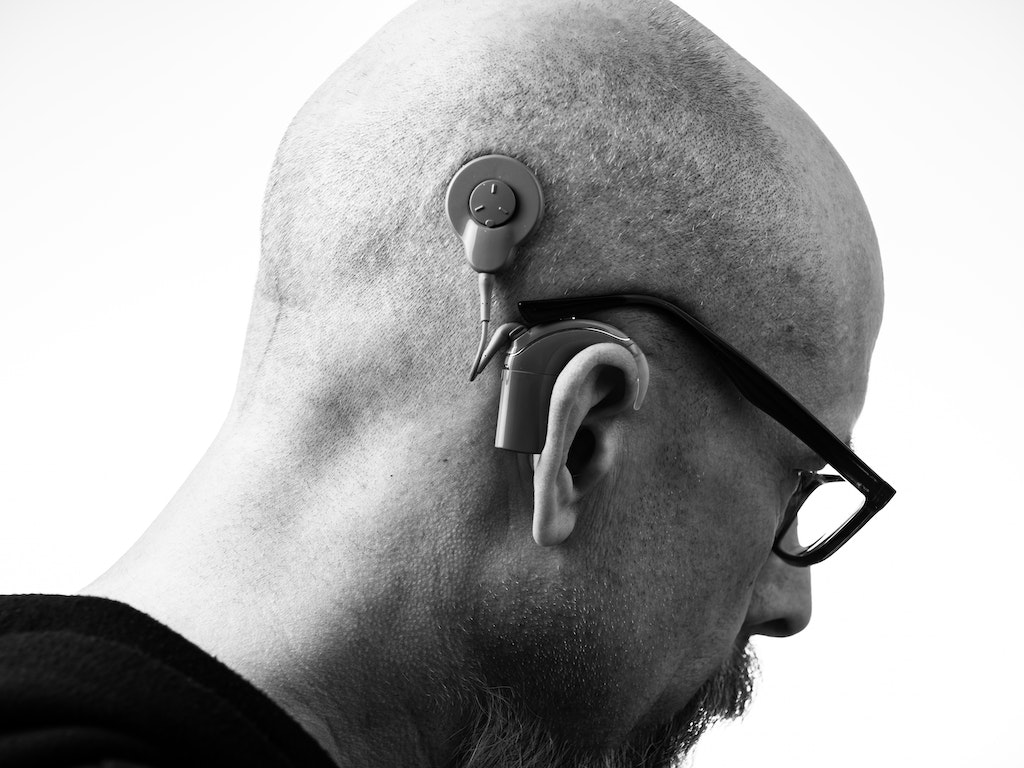
Dementia and Alzheimer’s disease are progressive conditions that affect memory, cognition, and daily functioning. Recognizing the early warning signs can lead to early intervention and better management of the condition. Here are five common early signs to watch out for:
Memory Loss
Forgetfulness is a common symptom of aging, but persistent memory loss that disrupts daily life could be a sign of dementia or Alzheimer’s. This can entail depending more frequently on memory aids like notes or reminders, losing freshly learned material, or asking for the same information repeatedly.
Difficulty Performing Familiar Tasks
People with early-stage dementia may have trouble completing familiar tasks that were once effortless, such as cooking a meal, managing finances, or following a familiar recipe. They may also struggle with hobbies or activities they previously enjoyed.
Confusion with Time or Place
Losing track of time or becoming disoriented in familiar places is another early warning sign of dementia. This can manifest as confusion about dates, seasons, or the passage of time, as well as difficulty navigating familiar routes or locations.
Challenges with Language and Communication
Individuals with dementia may have trouble finding the right words, following conversations, or expressing themselves clearly. They may also struggle with understanding spoken or written language, leading to frustration and social withdrawal.
Changes in Mood or Personality
Mood changes, irritability, and shifts in personality can be early signs of dementia or Alzheimer’s. This may include becoming more apathetic, withdrawn, or agitated, as well as experiencing mood swings or uncharacteristic behaviors.
Recognizing these early warning signs of dementia and Alzheimer’s is crucial for early diagnosis and intervention. If you or a loved one is experiencing any of these symptoms, it’s important to consult a healthcare professional for a comprehensive evaluation. Early diagnosis allows for better management of symptoms, access to support services, and the opportunity to participate in clinical trials and research studies aimed at finding effective treatments for dementia and Alzheimer’s disease.
Additionally, maintaining a healthy lifestyle, including regular exercise, a balanced diet, and mental stimulation, can help support brain health and reduce the risk of cognitive decline. Engaging in social activities, staying mentally active through hobbies or puzzles, and managing chronic health conditions like diabetes or hypertension can also contribute to overall brain health and well-being.
By staying informed about the early warning signs of dementia and Alzheimer’s and seeking help promptly if symptoms arise, you can take proactive steps to manage the condition and maintain quality of life for yourself or your loved ones. Remember, early detection and intervention are key to living well with dementia and Alzheimer’s disease.






















